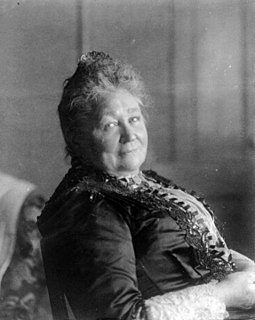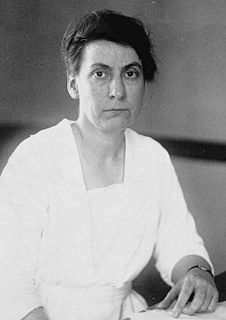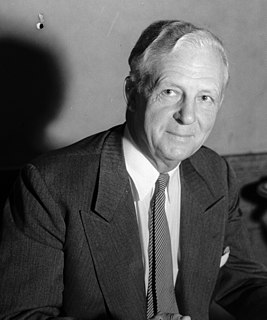A Quote by Bertrand Russell
The first essential character [of civilization], I should say, is forethought. This, indeed, is what mainly distinguishes men from brutes and adults from children.
Quote Topics
Related Quotes
Young people are more hopeful at a certain age than adults, but I suspect that's glandular. As for children, I keep as far from them as possible. I don't like the sight of them. The scale is all wrongs. The heads tend to be too big for the bodies, and the hands and feet are a disaster. They keep falling into things. The nakedness of their bad character! We adults have learned how to disguise our terrible character, but children, well, they are like grotesque drawings of us. They should be neither seen nor heard, and no one must make another one.
Anecdote: The extent of Michael Jackson's fame at its height, and his eagerness to exploit it is shown by an incident in 1984 when invited to a White House reception hosted by then President and First Lady Ronald and Nancy Reagan. Jackson had been assured that the only people there, besides the presidential couple, would be a few staff members' children. Aghast to find around 75 adults and no children, Jackson locked himself in an upstairs bathroom, refusing to emerge until assured that all non-essential adults had been replaced by a number of children.
I would not like to draw analogies, with the past.Governments, leaders, intellectuals, mainly intellectuals who should know the ethical dimensions, are so important, so essential to culture, religion, to civilization, and to our own lives. And that means what? It means not to be indifferent, not to stand idly by. That is a biblical commandment that we are committed.
Children, it should be repeated, are not pocket editions of adults, because childhood is a period of physical growth and development, a period of preparation for adult responsibility and public and private life. A program of children cannot be merely an adaptation of the program for adults, nor should it be curtailed during periods of depression or emergency expansion of other programs.
I wouldn't say that religion has promoted the social progress of mankind. I say that it has been a detriment to the progress of civilization, and I would also say this: that the emancipation of the mind from religious superstition is as essential to the progress of civilization as is emancipation from physical slavery.
The new concept of the child as equal and the new integration of children into adult life has helped bring about a gradual but certain erosion of these boundaries that once separated the world of children from the word of adults, boundaries that allowed adults to treat children differently than they treated other adults because they understood that children are different.



































